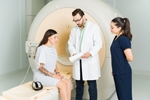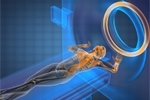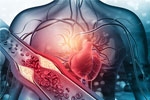Diagnosing Multiple Sclerosis with the Help of an MRI
There are nearly 1 million adults living in the U.S. with multiple sclerosis. Yet, it remains a misunderstood and often misdiagnosed condition.1 Recently Emmy winner Christina Applegate was diagnosed with multiple sclerosis.







